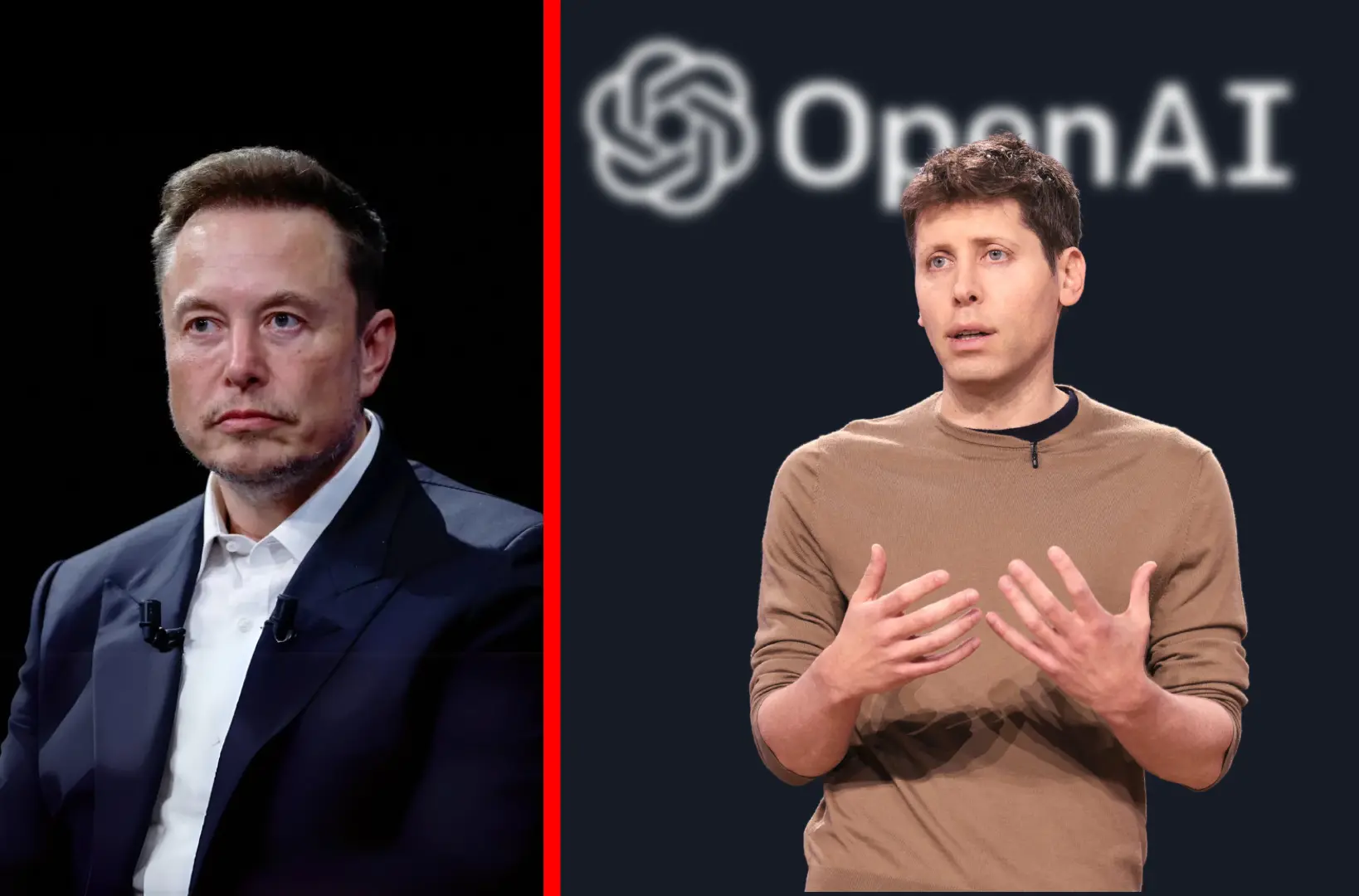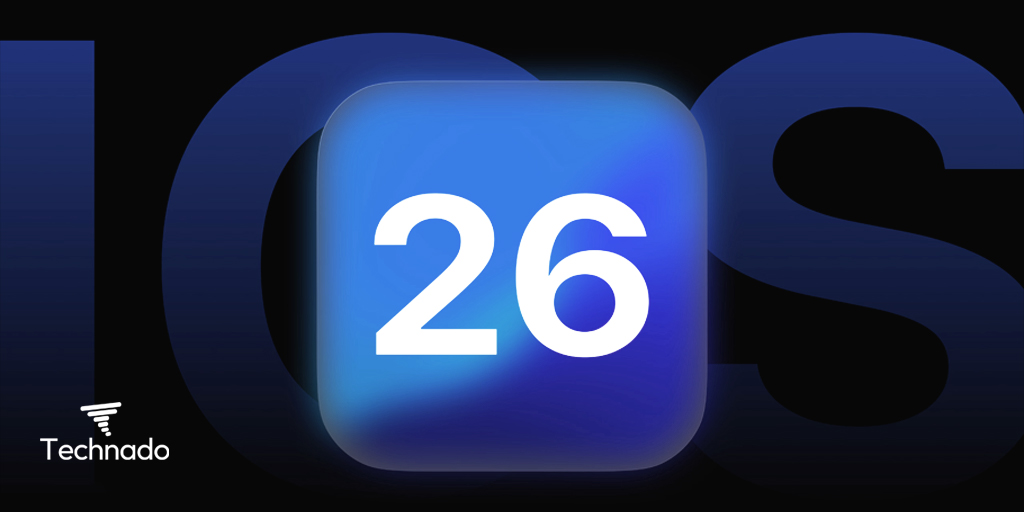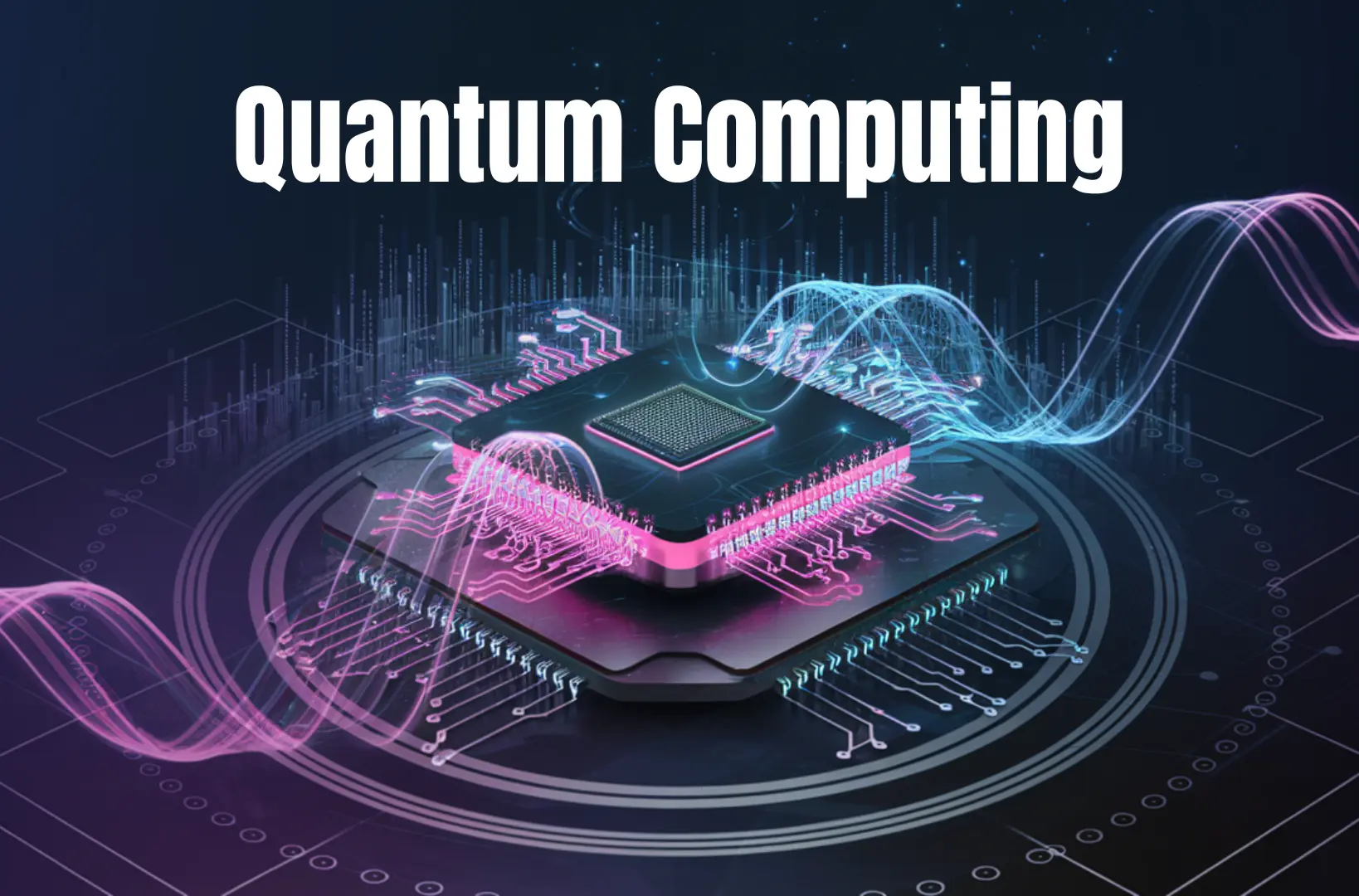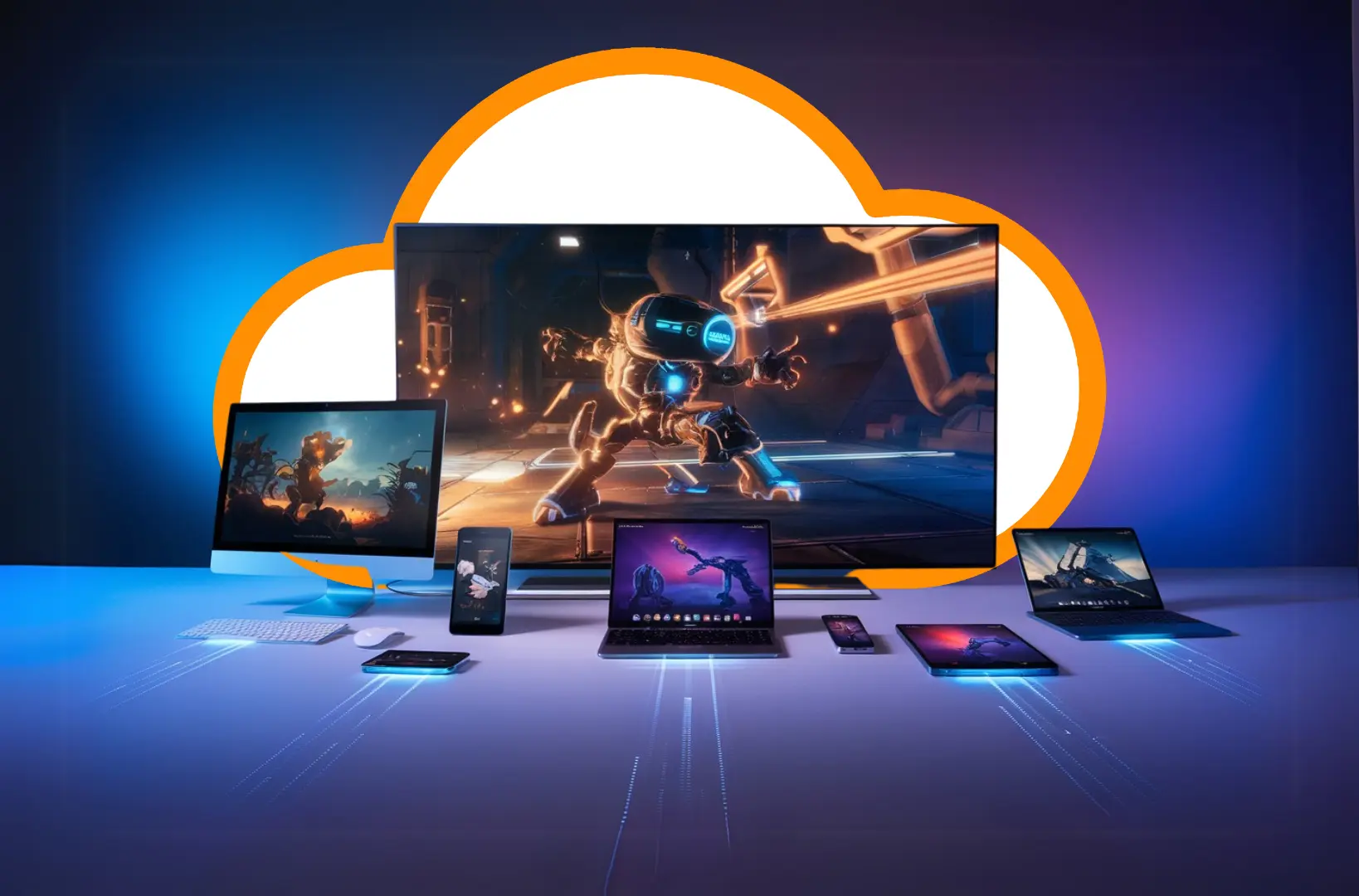Imagine a world where artificial intelligence, once a figment of science fiction, is rapidly transforming our reality. Now, picture a tug-of-war over the very soul of this transformative technology, a battle waged with billions of dollars and deeply held convictions. This is precisely the scenario unfolding in the AI world, as OpenAI, the pioneering AI research company, reportedly rejected a staggering $97 billion acquisition offer from a consortium led by none other than Elon Musk. This bold move, shrouded in secrecy and fueled by conflicting philosophies, underscores the deep ideological chasm between Musk’s vision for AI development and OpenAI’s current trajectory, raising critical questions about the future of AI and its governance. What exactly transpired behind closed doors? What are the long-term implications of this power struggle? Let’s delve into this fascinating clash of titans and explore the potential ramifications for the future of artificial intelligence.
A Staggering Sum and a Swift Rejection
According to reports from The Information, OpenAI CEO Sam Altman informed staff that the company’s board of directors has no interest in Musk’s “supposed bid.” This decisive rejection, delivered with an air of finality, signals a firm commitment to OpenAI’s current path, even in the face of an astronomical sum that would have undoubtedly reshaped the AI landscape. The sheer magnitude of the offer underscores the value placed on OpenAI’s technology and its potential to revolutionize industries. Yet, the swiftness of the rejection suggests that this wasn’t simply a financial decision, but rather a fundamental disagreement about the direction of AI development.
The Roots of Disagreement: A History of Divergence
The Discord between Musk and OpenAI has not been developed recently. Musk, a co-founder of OpenAI, departed from the company’s board in 2018, citing disagreements over its direction. He has since been a vocal critic of OpenAI’s transition from a non-profit research organization to a “capped-profit” model, expressing concerns that this shift prioritizes financial gains over the responsible development of AI for the benefit of humanity. Musk’s concerns center around the potential dangers of unchecked AI development, particularly the risk of creating artificial general intelligence (AGI) that surpasses human intelligence. He has consistently advocated for a more cautious and transparent approach to AI development, emphasizing the importance of safety and ethical considerations.
A Battle for the Soul of AI: Openness vs. Commercialization
Musk’s attempted takeover can be seen as a bid to steer OpenAI back towards its original mission of open-source, safety-focused AI development. He has publicly stated his belief that OpenAI has strayed from these core principles, becoming too focused on commercialization and potentially posing risks to society. Musk’s vision for AI is one of democratized access and collaborative development, where the benefits of AI are shared broadly and the potential dangers are mitigated through open scrutiny and collaboration. This contrasts with OpenAI’s current trajectory, which involves a more controlled and selective approach to sharing its technology, driven in part by the need to secure funding and maintain a competitive edge in the rapidly evolving AI market.
OpenAI’s Stance: Innovation and Independence
OpenAI’s rejection of Musk’s offer suggests a strong belief in its current leadership and strategic direction. The company appears determined to maintain its independence and pursue its own vision for AI development, which likely involves a balance of cutting-edge research, strategic partnerships, and a measured approach to commercialization. OpenAI’s recent successes, including the development of powerful language models like GPT-3, have solidified its position as a leading force in the AI world. The company seems confident in its ability to navigate the complex landscape of AI development while adhering to its own ethical guidelines and prioritizing safety.
The Implications for the Future of AI: A Crossroads Moment
This high-stakes standoff between Musk and OpenAI has significant implications for the future of AI. It highlights the fundamental tensions between competing visions for AI development: should it be primarily driven by a commitment to open-source principles and safety, or can it effectively balance these concerns with the pursuit of innovation and profit? This is a question that the entire AI community is grappling with, and the outcome of this clash will undoubtedly shape the trajectory of AI research, development, and deployment in the years to come. The debate also touches upon the crucial issue of AI governance: who should be responsible for overseeing the development and deployment of AI technologies, and how can we ensure that these technologies are used responsibly and ethically?
The Broader Context: A Race Against Time
The Musk-OpenAI saga unfolds against the backdrop of a broader AI race, with companies and nations vying for dominance in this transformative field. The potential economic and strategic benefits of AI are immense, driving rapid innovation and attracting massive investments. However, this rapid pace of development also raises concerns about the potential risks associated with advanced AI, including job displacement, algorithmic bias, and the potential misuse of AI for malicious purposes. The decisions made today about the direction of AI development will have profound consequences for the future of our society.
Technado’s Take: Navigating the AI Revolution
At Technado, we believe that this episode serves as a crucial reminder of the power and potential impact of AI. As technology enthusiasts, it is our responsibility to stay informed about these developments and engage in critical discussions about the future of AI. We must advocate for transparency, accountability, and ethical considerations in the development and deployment of AI technologies to ensure a future where AI serves humanity’s best interests.
The clash between Musk and OpenAI is not just a battle between two individuals or companies; it’s a reflection of the larger societal debate about the future of AI. It’s a debate that we all need to be a part of, as the choices we make today will shape the world of tomorrow. We encourage our readers to research further and join the conversation about the future of AI. The AI revolution is upon us, and it’s up to us to ensure that it’s a revolution that benefits all of humanity.
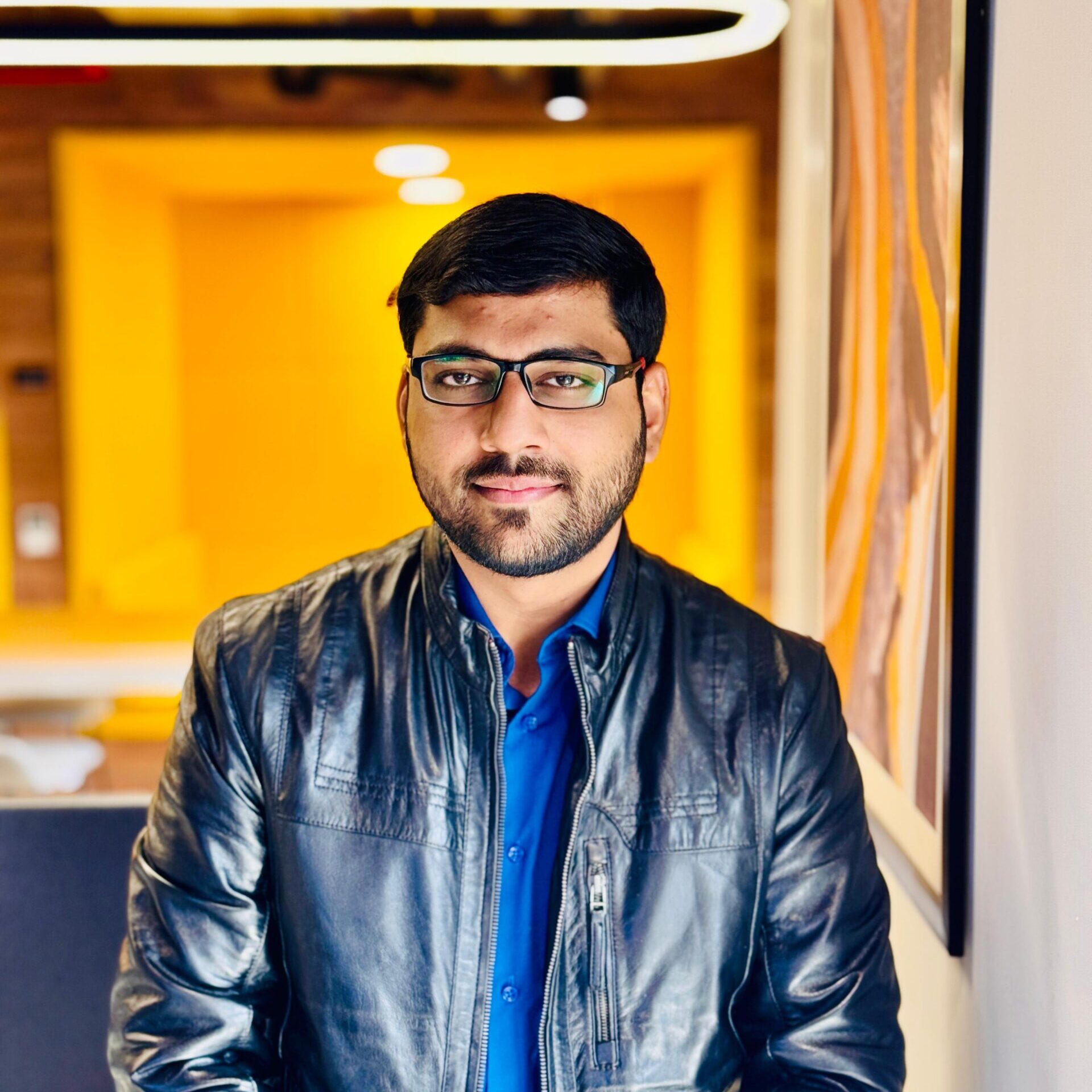
Jahanzaib is a Content Contributor at Technado, specializing in cybersecurity. With expertise in identifying vulnerabilities and developing robust solutions, he delivers valuable insights into securing the digital landscape.
